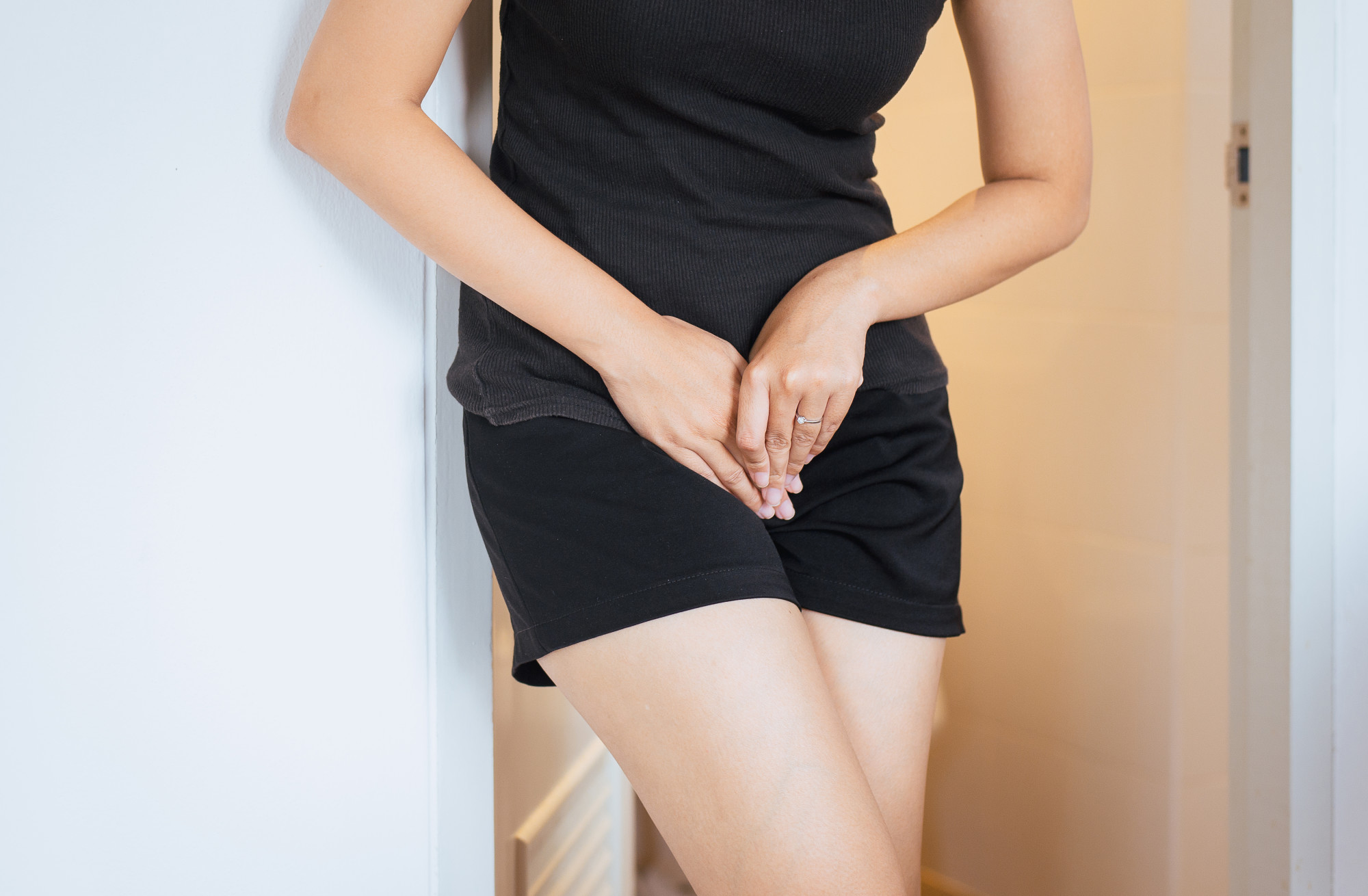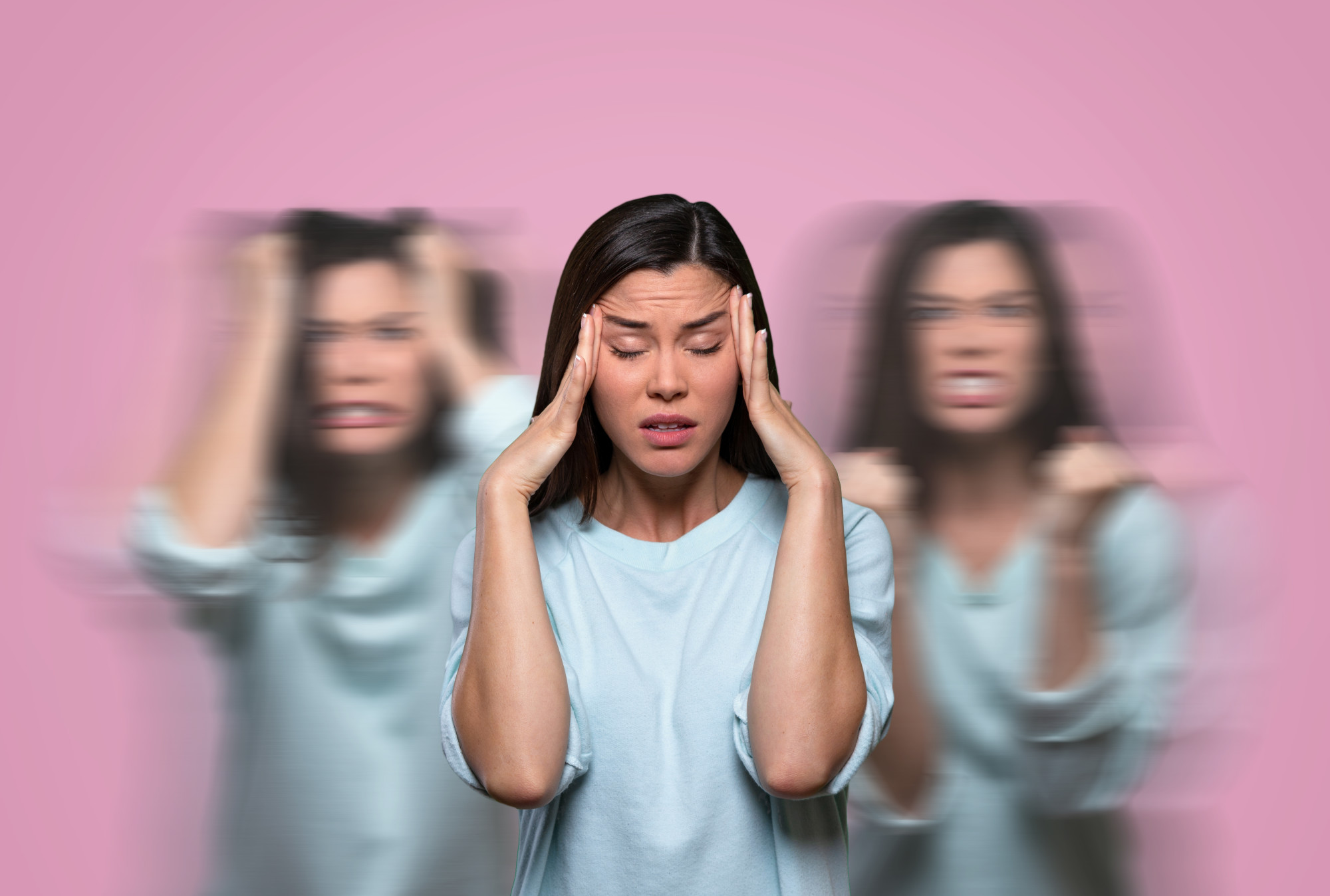
Sudden Onset Urinary Incontinence: Causes and Treatment
Let’s face it, urinary incontinence is embarrassing to talk about. Knowing that every time you laugh, cough, sneeze, or exercise could cause you to start leaking urine before you reach the bathroom is something no one wants to face.
First off, know that you are not alone. Sudden onset urinary incontinence affects nearly one-third of the entire US population.
This common condition can be treated, but you need to take those first, hard steps and speak to your doctor. The sooner you do, the better chance you have in a successful treatment.
The problem is, how do you know what caused this sudden incontinence? Knowing what caused it will help both you and your doctor find the appropriate treatment for it.
Thankfully, we have detailed information on how you can discover what caused your sudden onset urinary incontinence, and information on what types of treatment are available.
Keep on reading to learn more.
What Is Urinary Incontinence?
Urinary incontinence is when your bladder contracts when it shouldn’t. This results in a sudden urge to urinate, and unfortunately, urine begins to leak out of the urethral sphincter, which are the muscles responsible for keeping your bladder shut.
In worst cases, you can have complete loss over the control of your bladder, causing you to need to wear disposable incontinence briefs.
It is important to recognize that sudden onset urinary incontinence is not a disease, it is a condition that is caused by underlying medical issues, lifestyle, or other physical problems.
The Different Types of Urinary Incontinence
Urinary incontinence is an umbrella term for numerous different symptoms of leaking urine. The main types are:
- Urge incontinence
- Overactive bladder
- Irritable bladder
- Detrusor instability
- Spasmodic bladder
- Bladder spasms
These symptoms can range from a small dribble whenever you sneeze, to full emptying of the bladder without control.
Unfortunately, women are at a higher risk of developing urinary incontinence due to pregnancy, childbirth, and menopause.
What Causes Urinary Incontinence?
There are many different causes of urinary incontinence. It is important to check within yourself to see what could be the cause because this will help the doctor assess which form of treatment is best.
There are both medical reasons and lifestyle reasons that can lead to sudden onset urinary incontinence.
Medical Reasons
Potential medical causes of urinary incontinence include:
- Bladder cancer
- Bladder infection
- Bladder stones
- Obstruction in the opening of the bladder/sphincter
- Bladder inflammation
- Diabetes
- Enlarged prostate
- Constipation
- Nervous system diseases such as Multiple Sclerosis or Parkinson’s disease
- Trauma to the spinal cord, leading to paralysis of the bladder
- Stroke
It is important to consult with a doctor immediately if your incontinence is in combination with pain or a burning sensation while you urinate, pain in the pelvic region, or interference with your daily activities.
Lifestyle Reasons
There are many lifestyle reasons that could cause a bladder to become weak, knowing what is causing it will help you to either stop it or prevent it from getting worse.
Heavy Lifting/HIIT exercise
Exercises like Crossfit, intense heavy lifting, or jumping up and down can cause a lot of pressure on the urethra.
Age
As we age, our muscles become weaker, including the sphincter muscles that control the urge to urinate.
Smoking
Smoking causes a consistent cough in most people, which can lead to a weakening of the bladder muscles. This includes any other cause of chronic coughing or sneezing.
Obesity
Being overweight pushes a lot of pressure on the urethral sphincter, which leads to an inability to control the weakened muscles.
Pregnancy and Childbirth
During pregnancy, the child and hormones can place tremendous pressure on the uterus and bladder. Pushing a baby during vaginal delivery can tear the surrounding tissues, causing incontinence.
Hormonal Deficiency
A lack of estrogen can cause the muscles around the bladder to become weakened. This is why menopause causes incontinence, due to the lower amounts of estrogen in the body.
Hysterectomy
Any operation around the vaginal or abdominal area could lead to urinary incontinence.
Diet
A poor diet could lead to constipation, which is another cause of incontinence.
Treatments For Urinary Incontinence
Treatments for urinary incontinence are most effective when the cause is determined.
Lifestyle Modification
If the incontinence is due to poor lifestyle choices such as smoking, poor diet, or obesity, then the cause of action would be to eliminate those causes.
Cutting or slowing down on fluid intake could also help to reduce incontinence.
Kegels
If the cause is due to a weakened bladder, certain exercises such as Kegels can help you to strengthen the muscles surrounding the bladder. This involves contracting and relaxing the pelvic floor muscles.
Urethral Inserts Or a Pessary
A pessary is a device that rests underneath the urethra in the vagina and helps to support the bladder. This is most effective when worn during activities.
Botox
Injecting Botox into an overactive or incontinent bladder will help to relax enough to get back to regular urinating.
Urethral Inserts
Urethral inserts are small, tampon-like devices to insert into the urethra before triggering activity.
Nerve Stimulators
Nerve stimulators are little tiny devices similar to a pacemaker. These permanent devices are inserted in your abdomen, under the skin with a wire attached to the sacral nerve.
This sends light impulses into the nerve and helps to control the function of your bladder.
Surgery
At the last resort, there is the consideration of surgery. This surgical procedure includes inserting a sling that is made out of mesh or human tissue, supporting the urethra and the bladder.
The recovery from this surgery is between two to four weeks and has a very high success rate.
Learn More About Sudden Onset Urinary Incontinence
Dealing with sudden onset urinary incontinence is difficult, but it does not have to be forever.
The sooner you make an appointment to discuss this with your doctor, the sooner you can go back to living your life without worry.
To learn more about what treatments are best for you, contact us and schedule a consultation.



